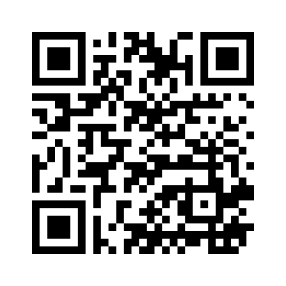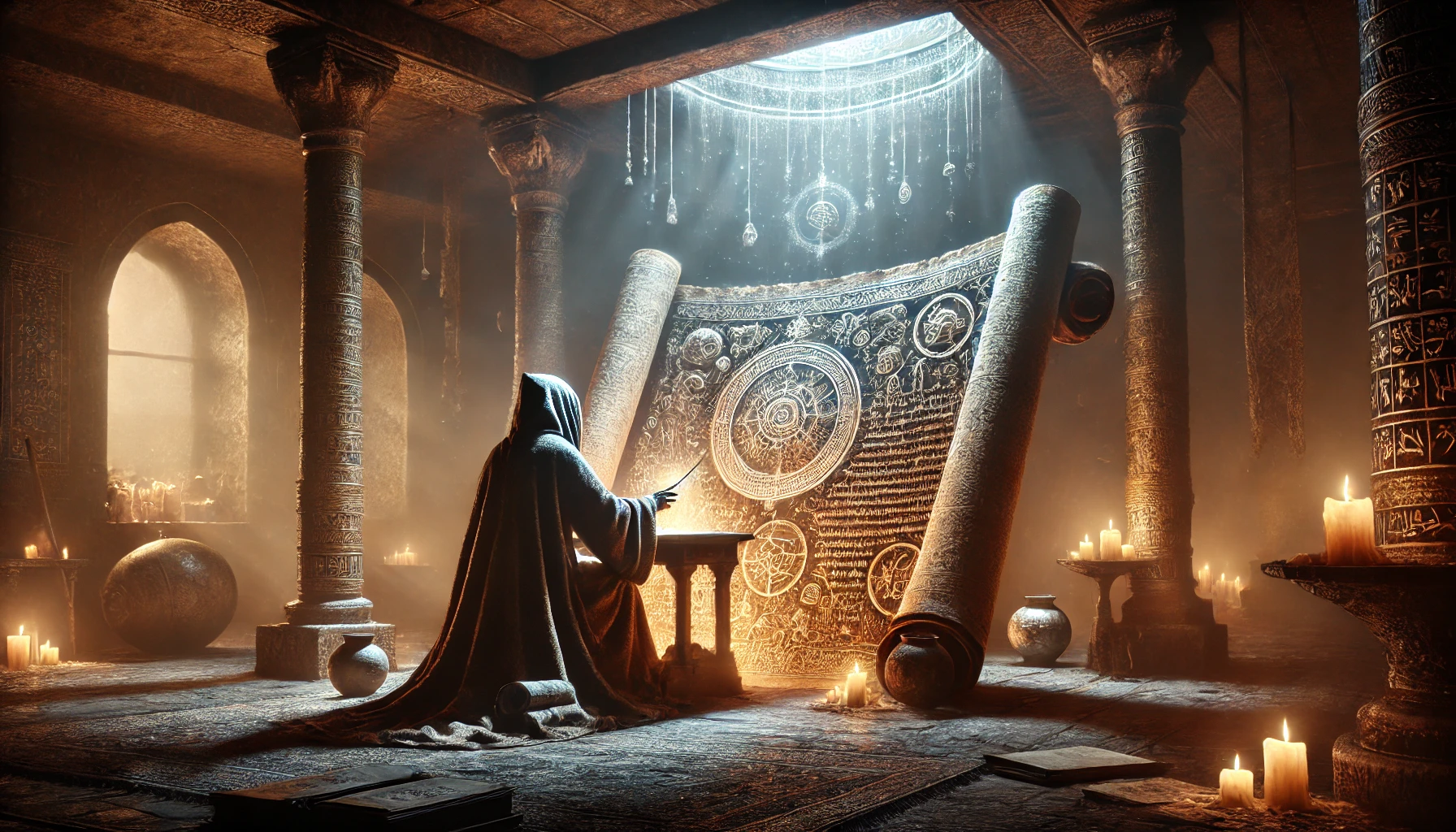Dream interpretation has fascinated humanity for centuries, but did you know that dream interpretation varies dramatically across cultures? From Western psychological theories to African ancestral messages, dream interpretation reflects each society’s unique beliefs and spiritual worldviews. Understanding how different cultures approach dream interpretation reveals the rich diversity of human consciousness and meaning-making.
Today, let’s embark on a fascinating global tour of dream interpretation methods and discover how different societies decode the language of dreams and why these diverse approaches matter so profoundly to human understanding.
Why Dreams Fascinate Cultures Worldwide
Dreams have held humanity’s attention for millennia. In many ancient civilizations, leaders sought guidance from dream oracles before making significant decisions. According to research from the Sleep Foundation, people often wake up and immediately record their dreams, seeking meaning in these nightly visions. What makes dream interpretation so universally captivating across all human societies?
A Window into Our Inner World
On one level, dreams act as mirrors reflecting our inner thoughts, anxieties, hopes, and subconscious processing. We may see images that represent day-to-day worries, unfulfilled desires, or emotional conflicts we haven’t fully acknowledged. Psychologists in Western cultures often emphasize this personal, internal meaning, viewing dreams as the mind’s way of processing experiences and emotions.
A Glimpse of the Supernatural
In other societies around the world, dreams are windows to the supernatural or the spiritual realm. They might be viewed as direct messages from ancestors, spirits, deities, or divine sources. This perspective focuses less on individual psychology and more on connections that transcend the self, linking dreamers to larger spiritual networks and cosmic wisdom.
Dream Interpretation Frameworks Around the World
Why do different cultures focus on dream interpretation in such remarkably diverse ways? The answer usually lies in each society’s broader worldview, shaped by centuries of history, religious beliefs, philosophical traditions, and community values that influence dream interpretation methods.
Western Psychological Dream Interpretation
In many Western countries, dream interpretation often starts with psychology. Sigmund Freud revolutionized dream interpretation by viewing dreams as outlets for repressed desires and unspoken conflicts. In Freudian interpretation, if you’re stressed about a relationship you’re not discussing openly, that hidden tension might manifest in your dream as a complex or even bizarre scenario.
Carl Jung expanded this framework, seeing dreams as messages from the unconscious mind aimed at resolving inner conflicts and promoting psychological growth. Jung introduced the concept of universal symbols and archetypes that appear across cultures in dream interpretation. So, if you repeatedly dream about a locked door, Jungian dream interpretation might suggest your subconscious is urging you to unlock a hidden part of your personality or face a particular fear that’s been holding you back.
Eastern and Indigenous Dream Interpretation
In contrast, many Eastern and indigenous cultures see dream interpretation as far more than personal reflections. They can be prophetic, offering glimpses of future events, spiritual guidance, or deep universal truths. According to research published in the National Library of Medicine, indigenous communities commonly share their dreams with elders, spiritual leaders, shamans, or community councils for collective dream interpretation and guidance.
For example, many Native American communities regard dreams as vital components of spiritual life and essential tools for making important decisions. They believe that ancestors, animal spirits, or guiding forces communicate through dream symbols, passing on wisdom, warnings, or blessings. In these cultures, ignoring a powerful dream could mean missing a crucial sign meant to protect, guide, or transform your life path.
Global Dream Interpretation: Diverse Cultural Approaches
Let’s take an illuminating journey across different continents to see how specific cultures approach dream interpretation. While we can’t cover every tradition, these examples reveal how profoundly cultural factors shape our understanding of nightly visions and dream interpretation practices.
Islamic Dream Interpretation: Divine Messages and Spiritual Guidance
In Islamic teachings, dream interpretation holds tremendous spiritual weight. According to Islamic scholarly sources, many Muslims classify dreams into three distinct categories for proper dream interpretation:
- True visions (Ru’ya) from Allah – considered divine communication
- Deceptive visions from Satan – meant to mislead or frighten
- Everyday reflections of the dreamer’s own thoughts and experiences
Because dreams can be direct messages from the divine, many believers consult religious scholars, Islamic texts, or spiritual advisors for proper dream interpretation. A dream that seems to come from Allah might be seen as divine guidance, reassurance, or a glimpse of future events. This spiritual framework emphasizes the moral and religious significance of dream interpretation in Islamic culture.
African Dream Interpretation: Ancestral Wisdom and Community Guidance
Across the diverse continent of Africa, dream interpretation often incorporates ancestral wisdom and spiritual connections. Research from Britannica on African religions shows that in many societies, ancestors communicate through dreams to guide, protect, and advise the living. The Dagara people of Burkina Faso are a renowned example: they rely heavily on dream interpretation for major life decisions, from career paths to community leadership choices and healing practices.
If a Dagara elder repeatedly dreams of a particular symbol, animal, or event, it’s taken seriously as a sign from the spiritual realm requiring community discussion and action. This communal approach to dream interpretation stands in marked contrast to the more individualistic, psychological approach common in Western societies.
Japanese Dream Interpretation: Prophetic Dreams and Seasonal Symbolism
In Japan, dream interpretation traditions include the fascinating concept of Hatsuyume, or the “first dream of the new year.” According to The Japan Times, traditionally, dreaming of Mount Fuji, a hawk, and an eggplant in that first dream is considered an exceptionally powerful omen of excellent luck and prosperity for the coming year.
While Western dreamers might reach for psychological analysis or symbol dictionaries for dream interpretation, many Japanese people simply hope for these three auspicious images to appear on that special night, reflecting a cultural belief that dream interpretation can foretell the year’s fortunes and spiritual opportunities.
Western Cultures: Personal Development and Symbolic Analysis
In the United States and much of Europe, dream interpretation often mixes psychological theories with popular culture references and self-help approaches. People might buy dream dictionaries that list specific symbols—like “teeth falling out,” “flying,” or “being chased”—to glean personal insights about their emotional state or life circumstances.
While some approach these symbols playfully or casually, others see them as serious clues to understanding hidden stress, unresolved emotions, or subconscious guidance. Compared to other global traditions, Western dream analysis frequently emphasizes personal development, emotional well-being, and individual psychological growth.
The Impact of Globalization on Dream Practices
Globalization has dramatically shrunk our world, allowing ideas and cultural practices to travel more freely than ever before. Not surprisingly, dream interpretations have also crossed borders, creating fascinating hybrid approaches to understanding our nightly visions.
Blending Traditions
With people relocating for work, study, marriage, or family reasons, different cultural approaches to dreams naturally mix and evolve. Someone raised with a strong spiritual or indigenous view of dreams might begin to appreciate psychological perspectives upon settling in a Western country. Similarly, Western psychologists and therapists increasingly learn from indigenous dream practices that emphasize community healing, spiritual connection, and collective wisdom.
New Symbols in a Connected World
The internet, social media, and global communication introduce fresh symbols into our dream landscapes. You might dream of technology you learned about from another culture, spiritual figures you encountered while traveling, or archetypal images that span multiple traditions. These cross-cultural exchanges give us more nuanced worldviews, encouraging us to respect and learn from diverse dream interpretation traditions.
Why Dream Interpretation Matters Across Cultures
You might wonder: do these diverse methods of dream interpretation have any real impact on people’s lives? In many cases, the answer is a resounding yes. Dream interpretation can influence major life choices, shape spiritual beliefs, guide important decisions, and significantly affect mental well-being and community relationships across all cultures.
Community Connection and Social Bonds
In cultures that value ancestral or communal guidance, discussing and interpreting dreams can strengthen social bonds and create shared meaning. When an entire community believes dreams carry messages from shared ancestors or spiritual forces, it fosters unity, collective purpose, and mutual support systems.
Personal Growth and Self-Understanding
In Western and psychologically-oriented cultures, analyzing your dreams might help you confront hidden fears, process trauma, or understand internal conflicts. You might uncover worries, desires, or psychological patterns you didn’t even know existed until they appeared symbolically in a dream. This process can lead to greater self-awareness, emotional healing, and personal development.
Respect for Diversity and Cultural Wisdom
Learning about other cultures’ dream interpretations can dramatically expand your worldview and cultural sensitivity. You realize that your personal approach—whether purely psychological, deeply spiritual, or somewhere in between—is just one valid way of understanding dreams among many rich traditions worldwide.
Bridging Multiple Perspectives
Thanks to our increasingly connected world, many people now draw on more than one framework for interpreting dreams. Perhaps you appreciate Jung’s psychological theories but also respect your family’s indigenous or spiritual traditions. Or maybe you follow a religious approach but occasionally consult modern dream analysis for additional insights.
Combining diverse methods can significantly enrich your understanding of your own dreams, adding multiple layers of meaning you might have otherwise missed. This multicultural approach allows for more comprehensive and personally meaningful dream interpretation.
Practical Tips for Cross-Cultural Dream Interpretation
Keep a Comprehensive Dream Journal for Better Dream Interpretation
No matter which dream interpretation perspective resonates most with you, start by consistently recording your dreams. Over time, you’ll notice patterns, recurring symbols, and emotional themes that transcend any single dream interpretation framework.
Seek Knowledge from Multiple Dream Interpretation Traditions
Actively explore how various communities and cultures approach dream interpretation. You might discover that one tradition’s dream interpretation viewpoint perfectly clarifies a puzzling dream symbol or recurring theme that’s been mysterious to you.
Remain Open-Minded in Your Dream Interpretation Journey
Remember that no single approach to dream interpretation has all the answers to the mystery of dreams. Dreams can be simultaneously psychological, spiritual, prophetic, and healing. Embracing different cultural ideas keeps your dream interpretation exploration fresh, engaging, and personally meaningful.
Connect with Community for Shared Dream Interpretation
Whether through spiritual groups, psychology circles, or cultural communities, sharing dreams with others can provide valuable perspectives and support for your dream interpretation journey.
“Dreams unite us as human beings—we all have them, even if we don’t always remember them. Yet how we make sense of those nighttime visions can vary wildly from one culture to another, revealing the beautiful diversity of human understanding and spiritual connection.”
Embracing the Diversity of Dream Interpretation
While Freud and Jung shaped much of Western thought on dream interpretation, cultures around the world have maintained rich traditions viewing dreams as messages from gods, ancestors, or universal forces. As globalization continues, these dream interpretation perspectives blend and evolve, giving rise to increasingly sophisticated and multicultural approaches to dream interpretation.
By learning about differences in dream interpretation across cultures, we gain far more than interesting factoids. We discover how people across the globe live, believe, find meaning in everyday life, and connect with the sacred. Our dreams—whether they’re nightmares that jolt us awake or gentle visions we wish would never end—connect us to the larger human experience of mystery, meaning, and spiritual seeking through dream interpretation.
So the next time you wake up from a vivid dream, take a moment to reflect through multiple dream interpretation lenses. Could it be your subconscious working through emotional challenges? Could it be guidance from the spirit world? A message from your ancestors? Or perhaps it’s all of these simultaneously. In exploring different dream interpretation viewpoints, we open ourselves to deeper understanding—of our own dreams and of the rich, diverse tapestry of cultures that share our interconnected world.
Unlock Dream Interpretation Wisdom
Ready to explore dream interpretation through the wisdom of multiple traditions? Download the Dreamly App today and discover how different cultural perspectives can illuminate the profound meanings hidden in your subconscious mind. Your multicultural dream interpretation journey starts now.






